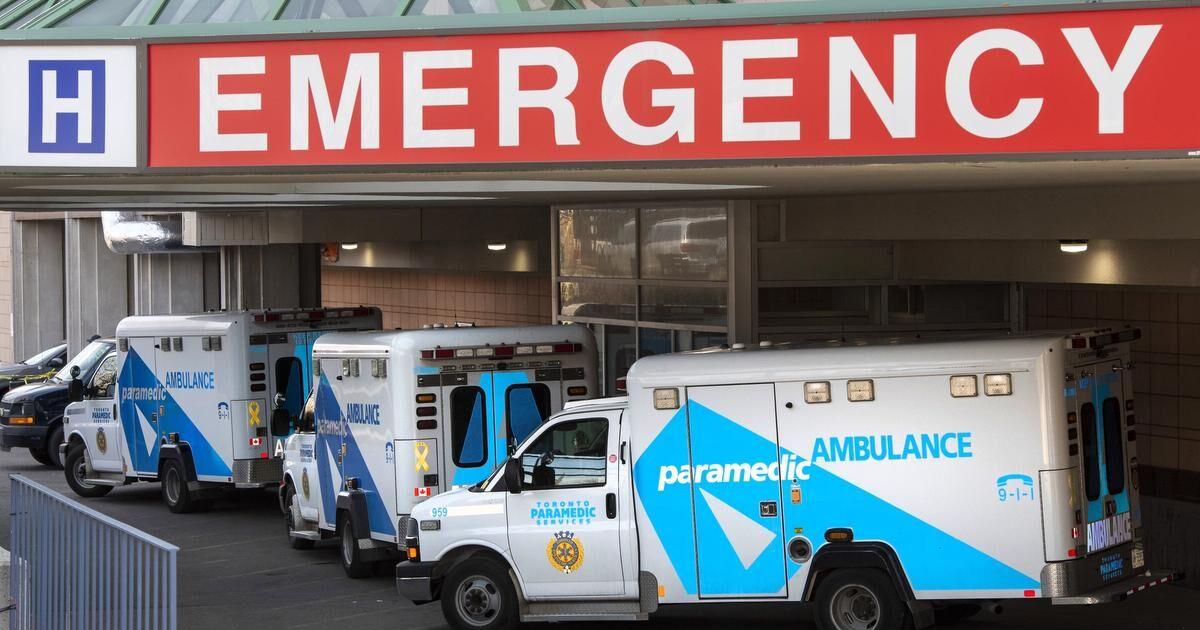Bordercollie
Senior Member
Everyone from the private and public sector is having problems finding good people to work. Metronlinx is no exception, but maybe they can try some out of the box things to make the job more attractive. It's not always about money.We see the same thing with pensions: as the private sector has cut pensions (and in many cases doesn’t offer them - I’ve never been offered one) people start to resent the pensions that the public sector has. We really do want to have our cake and eat it too: pay low taxes, buy as much as we want, be profligate in terms of living, and get gold plated services. It just doesn’t work.
Also a bit off topic but do Hamilton and London crews take a cab from their base to their train in the morning? Does that deadheading time get counted as part of their duty hours?





